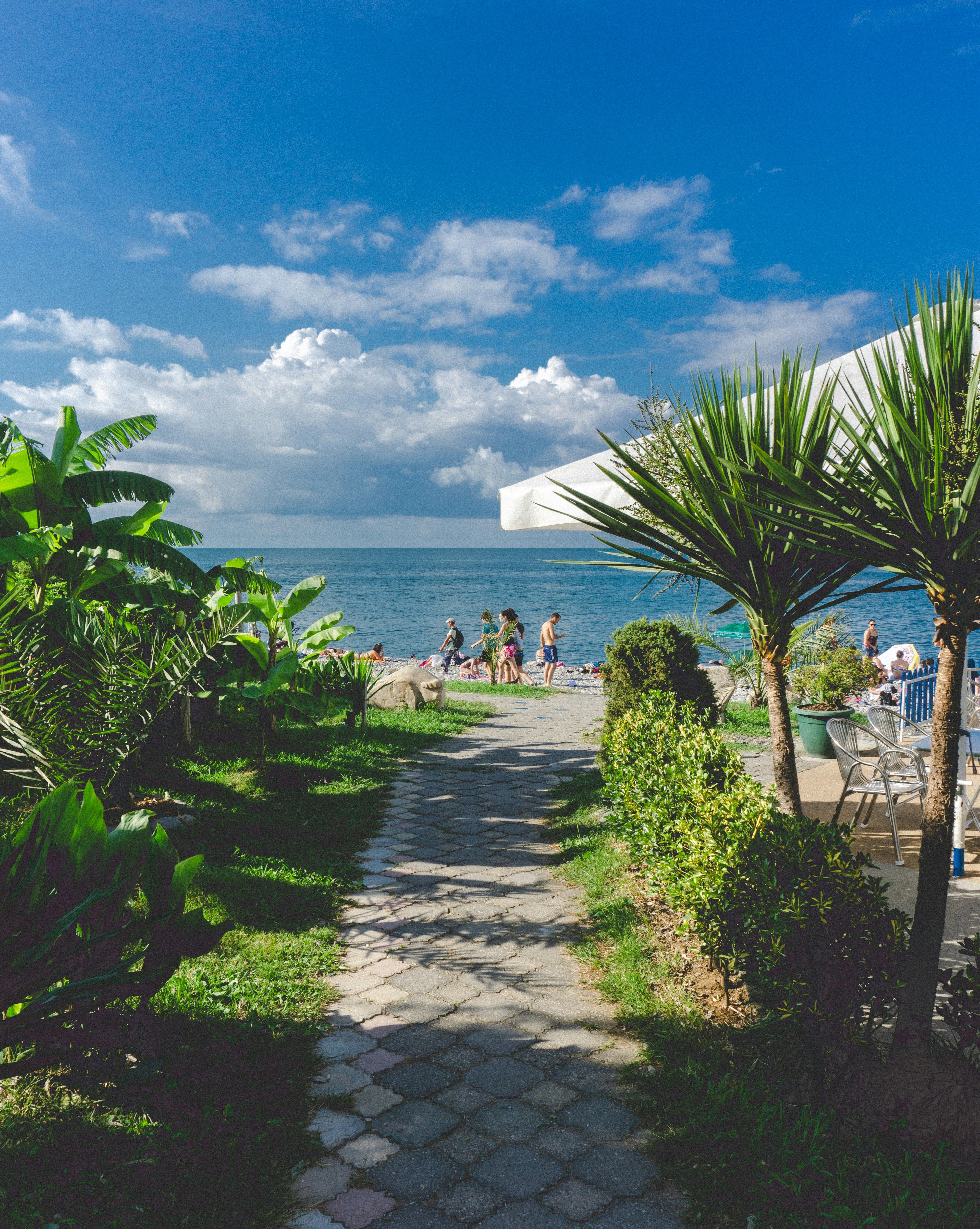Sudden, severe flare-up of rosacea: Triggers, signs, and remedies
Rosacea Fulminans: A Rare and Severe Skin Condition
Rosacea Fulminans is an uncommon and severe inflammatory skin condition, characterized by rapid onset and primarily affecting the central facial areas, including the cheeks, chin, and nose. This condition, also referred to as Pyoderma Faciale, presents with flushed, swollen, and painful nodules and pimples that may coalesce, distinct from the symptoms of rosacea or acne.
Differing in severity and sudden onset, the condition primarily impacts females of childbearing age, although the specific cause remains elusive. Previous research has suggested a possible connection between Rosacea Fulminans and conditions such as Inflammatory Bowel Disease and pregnancy, as well as an increased likelihood of occurrence in individuals who have experienced rosacea before.
Potential triggers of Rosacea Fulminans may include emotional stress, hormonal fluctuations, certain medications, and, as recent studies suggest, certain dietary factors. According to a 2021 literature review, potential dietary triggers include spicy foods, alcoholic beverages, foods containing cinnamaldehyde (such as chocolate, tomatoes, and citrus fruits), histamine-rich foods and beverages (like wine, aged cheese, processed meats), and hot drinks. However, it is essential to note that such dietary triggers have not been specifically researched in relation to Rosacea Fulminans.
Symptoms of Rosacea Fulminans primarily manifest on the forehead, nose, cheeks, and chin, appearing as sudden severe localized skin color changes like redness, inflammation, painful pustules, papules, and nodules that may merge. Moreover, some individuals may experience ocular symptoms such as dry, burning, or itching eyes and light sensitivity, along with rare systemic symptoms, such as fever and fatigue.
Treatment options for Rosacea Fulminans may encompass oral isotretinoin, a prescription-only acne medication, and corticosteroids, either oral or topical. In some cases, antibiotics in combination with corticosteroids and lifestyle changes have proved effective in resolving symptoms. As certain factors may trigger or exacerbate Rosacea, healthcare professionals may advise identifying and avoiding such triggers, which may involve implementing stress reduction techniques, making specific dietary changes, and using gentle skincare products for the face.
Healthcare professionals advise speaking with a dermatologist or another healthcare provider if one experiences symptoms beyond typical rosacea or acne, such as large, tender nodules, abscesses, significant facial discomfort, a sudden onset of symptoms, symptoms that persist or worsen despite over-the-counter medications or rosacea therapies, eye irritation or inflammation, or systemic symptoms, including fever. Prompt medical attention ensures accurate diagnosis and begins timely treatment, potentially reducing the risk of complications associated with Rosacea Fulminans such as scarring and infections. Additionally, early intervention aims to address any emotional distress and potentially improve the overall quality of life.
While specific dietary triggers for Rosacea Fulminans are not well-documented, understanding common rosacea triggers can offer valuable insights. Rosacea, including severe forms like Rosacea Fulminans, can be exacerbated by various factors, including dietary choices. Common trigger foods for rosacea may include spicy dishes, citrus fruits, dairy products, histamine-rich foods, hot beverages, foods high in sugar, and foods containing allergens or intolerances. However, it is essential to consult a healthcare provider to determine the best approach to managing Rosacea Fulminans, as treatment may involve medication and lifestyle changes. Focusing on a healthy diet, with an emphasis on anti-inflammatory foods like kale, ginger, and avocados, can contribute to overall symptom management.
- Dermatology plays a crucial role in the management of Rosacea Fulminans, a chronic medical-condition characterized by sudden onset and severe inflammation of the skin, particularly affecting the facial areas.
- In addition to skin-care products, a healthy diet could potentially help in managing Rosacea Fulminans, with anti-inflammatory foods like kale, ginger, and avocados being beneficial.
- Some dietary factors, such as spicy foods, alcoholic beverages, and foods containing cinnamaldehyde, have been suggested as potential triggers for common rosacea, though their specific connection to Rosacea Fulminans remains unclear.
- Health and wellness for individuals dealing with Rosacea Fulminans may involve identifying and avoiding triggers, which could include stress management, specific dietary changes, and the use of gentle skincare products for the face.








